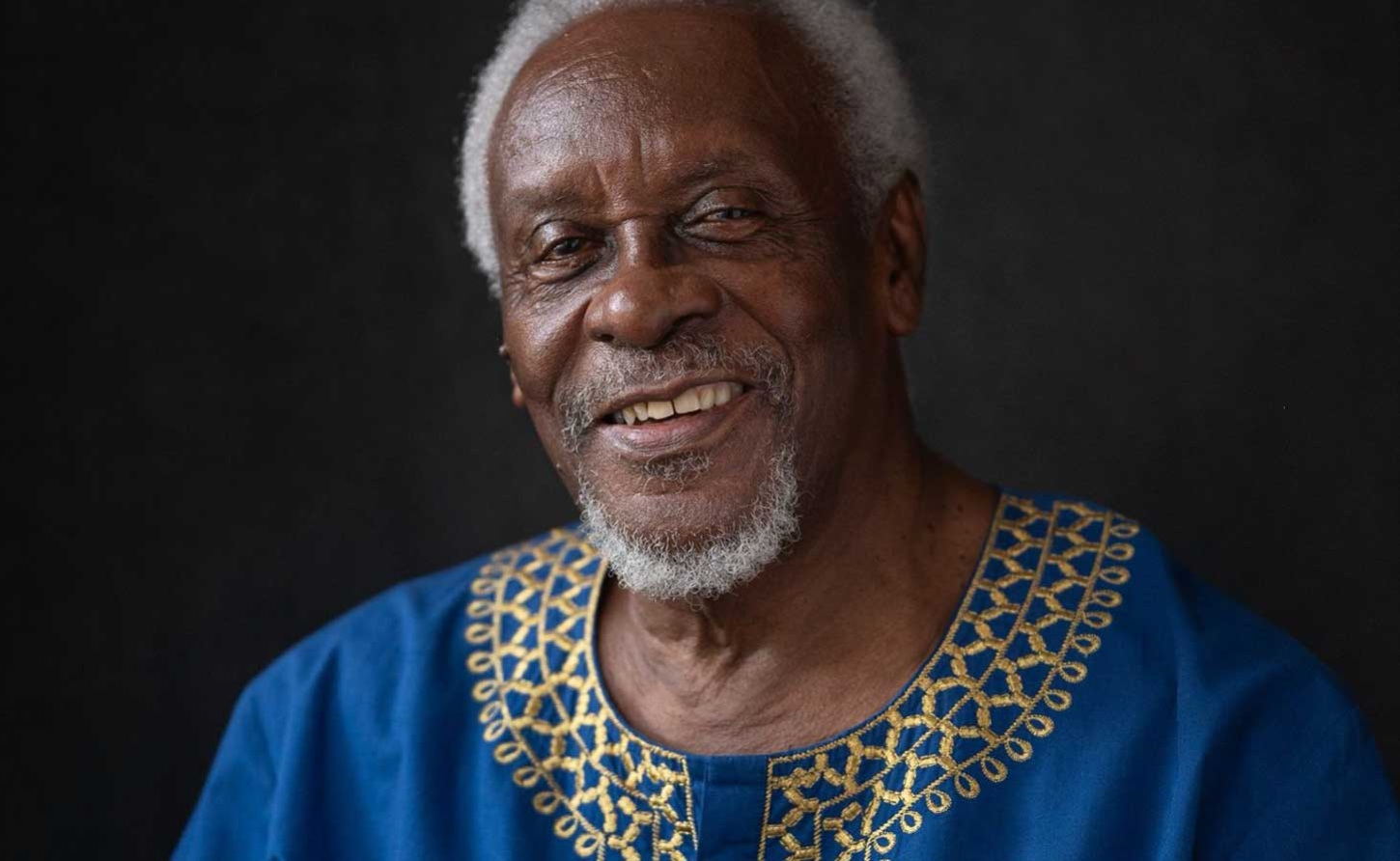JAMAICA | PJ Patterson Charts Bold Vision for Global Africa's Sustainable Future

KINGSTON, Jamaica 30, 2024 - Statesman in Residence at the P.J. Patterson Institute for African Caribbean Advocacy, former Jamaican Prime Minister P.J. Patterson has laid out a blueprint for Global Africa's sustainable development, emphasizing the critical need for financial stability, food security, and digital innovation.
In a powerful address that resonated across the diaspora to “The Africa in Transition Conference” held in Accra, Ghana earlier this month, Patterson delivered a sweeping vision that transcended geographical boundaries.
In a well received presentation, the former Jamaican prime minister and Pan-Africanist called for unprecedented collaboration between African nations and their Caribbean counterparts.
"An obvious and immediate area in which Global Africa must work together for the benefit of the common good is the building of financial stability and economic prosperity," Patterson declared, emphasizing the vital role of public-private partnerships in driving economic growth across the Global African sphere.
The veteran statesman, whose words carried the weight of decades of political experience, placed particular emphasis on food security, characterizing it as "a fundamental human right and a cornerstone for sustainable development."
His advocacy for agricultural modernization highlighted the sector's crucial role as a primary source of livelihood for millions across the Global African diaspora.
In an era defined by rapid technological advancement, Patterson's message took on added urgency as he addressed the digital revolution.
His call for Global Africa to "bridge the digital divide and to be in the vanguard of the digital revolution" underscored the transformative potential of emerging technologies, including artificial intelligence, in tackling pressing challenges in healthcare, education, and financial inclusion.
The COVID-19 pandemic served as a stark backdrop to Patterson's urgent appeal for healthcare sovereignty.
"Undoubtedly, this experience, and plain common sense dictate that we must share our trained personnel, produce our own vaccines, use our own medicinal plants and combine all the essential resources for the health of our citizenry," he emphasized.
On the critical issue of climate change, Patterson's tone grew especially forceful. "We are the victims—not the incendiaries of global warming," he declared, highlighting the devastating economic impact on African nations, which lose 5% of their GDP annually to climate-related challenges.
The existential threat to Caribbean nations added particular gravity to his call for unified action: "Global Africa has to lead the fight against climate change and environmental degradation for our survival. Let us speak in unison with one clear resounding voice in every fora."
Education emerged as another cornerstone of Patterson's vision. "Educational transformation is not just a goal; it is an urgent necessity for Global Africa," he stressed, calling for substantial investments in inclusive education systems while emphasizing the importance of prioritizing marginalized communities.
The “The Africa in Transition Conference,” which served as a platform for Patterson's comprehensive address, became a rallying point for action.
"This conference in Accra is a call to action for all of us to play a part in crafting solutions that are not only innovative but also deeply rooted in the context of Global Africa," he urged, emphasizing the crucial role of indigenous African and Caribbean institutions in building a self-sufficient future.
Patterson's vision culminated in a stirring call for unity and action: "Together, let us work towards a vision where Africa is not merely transitioning but thriving. Global Africa is rising—it is time for us to soar from shore to shore!"
His address, which served as both a strategic roadmap and an impassioned rallying cry, resonated deeply with attendees, presenting a bold vision for uniting African descendants worldwide in reshaping a global order that has historically marginalized them.
The speech stands as a testament to the growing momentum behind the Global Africa movement and its potential to forge a new path forward for African and Caribbean nations alike.
-30-
